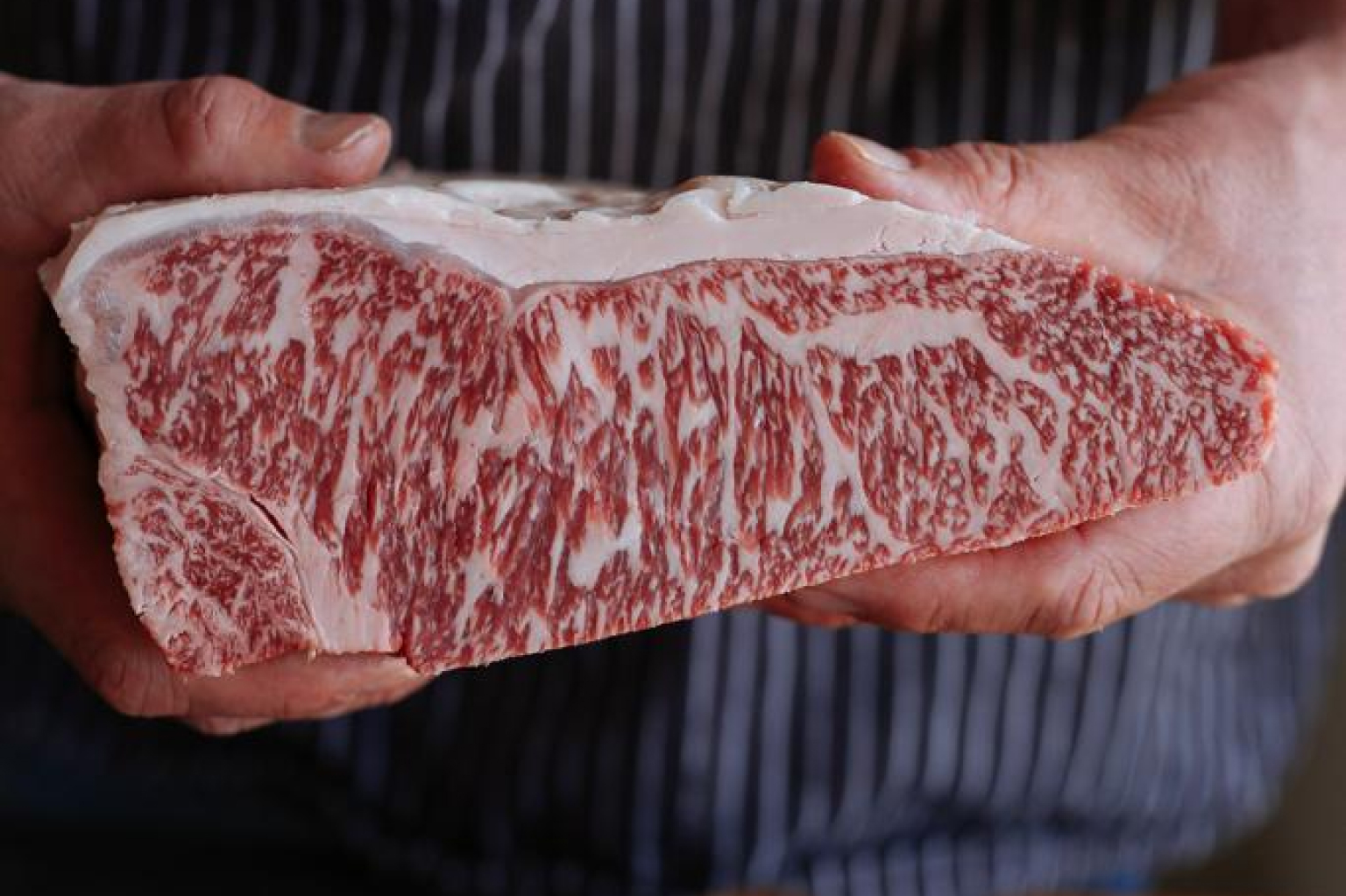Reading Time: 3 minutes
Southern Stations Wagyu has access to some of New Zealand’s most elite genetics for marbling, growth rates and calving ease following its purchase of Brownrigg Agriculture’s stud, Wagyu Breeders Ltd.
SSW general manager Rob Earl said that, having bought genetics off WBL in the past – and seeing how well they worked in their system – purchasing the business was an easy decision to make.
Earl said he has an enormous amount of respect for what company co-owner David Brownrigg and his team have achieved with the stud.
It was founded in the mid-1990s, when Wagyu genetics became available outside of Japan, prior to its government preventing this.
Brownrigg was an early adopter of the Japanese breed, partnering with a Japanese cattle farmer and pioneering airfreight live exports of Wagyu calves back to Japan, Earl said.
“Brownrigg have got some of those early genetics and built on that over 30 years.
“They essentially started Wagyu farming in New Zealand and grew one of the longest running Wagyu studs outside Japan … this stud has been developed with a lot of effort and investment in genomics and making sure they were breeding the right Wagyu to mate over dairy to get the best results.”
Those genetics include sought-after traits such as calving ease, growth rates, marbling and gestation length.
“We bought the stud because so much work has gone into selecting for high growth rates because there is no point in getting a premium if it takes ages to get there,” Earl said.
Brownrigg Agriculture owner David Brownrigg said the business divested its 30-year-old Wagyu stud after making the decision to simplify its livestock operation to the core lamb and cattle finishing enterprises.
“We are very pleased that our stud will remain in New Zealand in the hands of Southern Stations Wagyu. They have developed a proven and uniquely New Zealand Wagyu production system and their results from our genetics drove the purchase.”
SSW is well placed to drive continued improvement in Wagyu genetics, for the benefit of the farming sector and New Zealand beef exports, he said.
The sale of WBL to SSW was finalised earlier this year.
Now in its eighth season, South Island-based SSW sells semen mostly to the dairy market for farmers to mate with their non-replacement cows.
The cows required by SSW range from a J8 to an F16 – which is anything from a 50% to a100% Friesian. SSW’s genomics, mating plans and EBV data are managed by AbacusBio, allowing dairy farmers to target the best traits needed to produce an optimum calf.
“Marbling is the important thing about Wagyu and it’s a maternal trait, and dairy are really high marbling animals.
“Dairy is a really strong base for eating quality – and if you cross it with Wagyu, you are getting something that is exceptional quality beef,” Earl said.
SSW have both semen and service bulls for dairy farmers for mating with their non-replacement cows. The calves that are born are DNA verified and the farmer either sells the calves to a rearer who grows them to a weaning weight or the farmer grows them themselves.
SSW then buy the calves at weaning (100-150kg) and they are grazed by finishers who are paid on a weight gain basis.
SSW has longstanding contracts with these finishers, who are located across the South Island.
At 550kg, the cattle are taken and finished for 100 days on grain in SSW’s indoor composting barn complex in Mid Canterbury.
This helps express marbling, gets a better product consistency and gets the animals to the desired carcase size, Earl said.
The cattle are killed at 24-36 months old to ensure an even spread throughout the year, with the carcase weight averaging around 400kg, across steers and heifers.
The resulting F1 (first cross) Wagyu meat is then sold on the global market by Australian partner Endeavour Meats.
